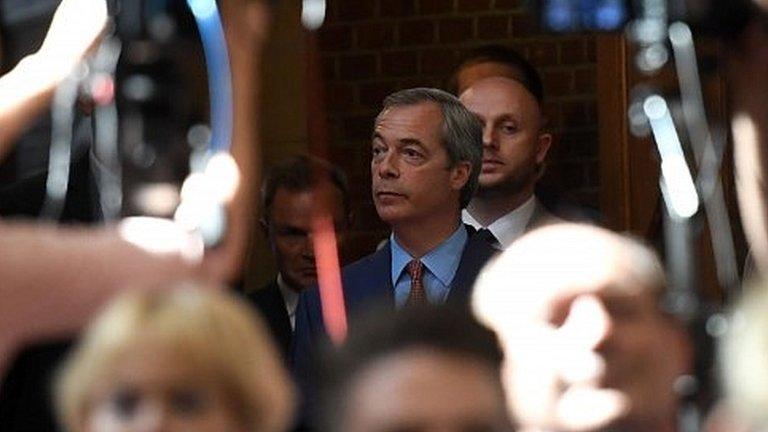UKIP leadership: The contenders to succeed Nigel Farage
- Published
UKIP has announced the names of the candidates that it says are eligible to stand in the contest to succeed outgoing leader Nigel Farage.
The process of selecting Mr Farage's successor has been fraught with controversy after a number of leading names, most notably Steven Woolfe, were barred from standing, prompting resignations from the party's ruling body.
But who are the candidates left in the race?

Lisa Duffy
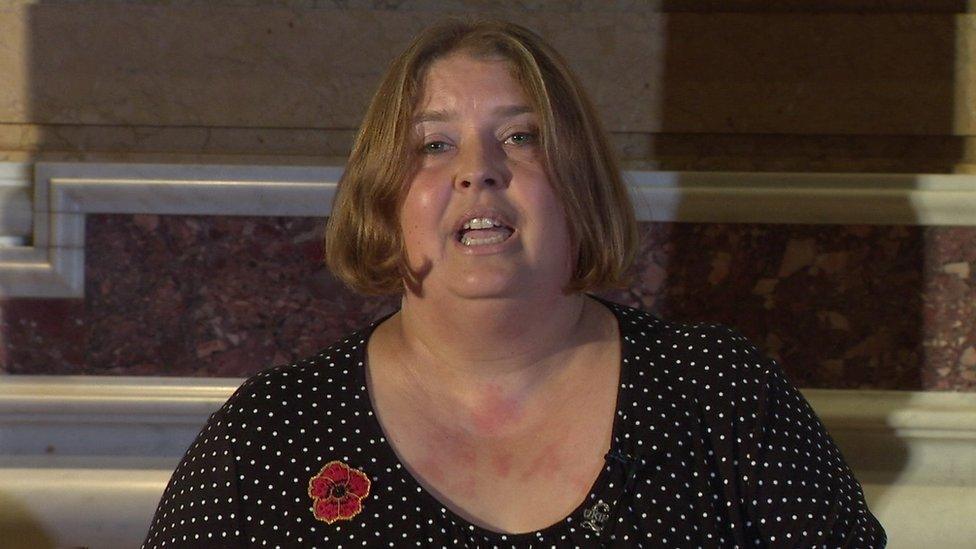
Although not a well-known figure in Westminster circles, Lisa Duffy has won the backing of key modernising figures in the party such as Suzanne Evans and Patrick O'Flynn.
Ms Duffy is a town and district councillor in Cambridgeshire, and a former mayor of the town of Ramsey, and as campaigns director played a key role in fighting by-elections.
At her campaign launch, Ms Duffy, 48, a mother of six and former retail manager, pitched herself as the "grassroots candidate" who would "walk the People's Army into Westminster".
Chief of staff to MEP Mr O'Flynn, she joined UKIP in 2004 and stood unsuccessfully against Labour's Hazel Blears in Salford in the 2005 general election.
She said the party needed to widen its appeal to win seats in 2020 but also continue to tackle "taboo subjects" such as the impact of immigration on British communities and the need for a positive vision for "modernised British Islam".

Bill Etheridge
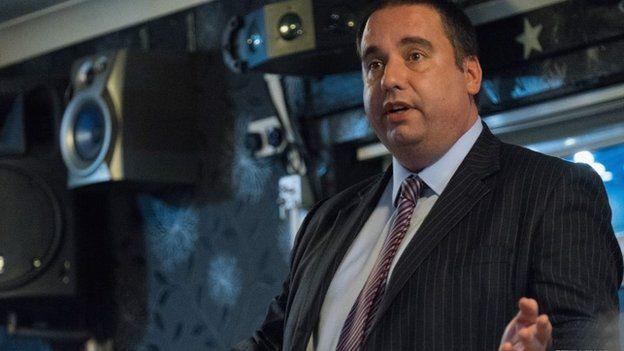
Mr Etheridge has called on UKIP to stay true to its values
An MEP for the West Midlands, and Dudley councillor, he has said UKIP should stick by its "core principles and values" and not be "distracted by negative influences".
The 46-year old was a Conservative activist before joining in 2011.
He has called for major reform of the penal system, including restricting prisoners' privileges, banning visits during the first six months of a sentence and an automatic 10-year increase in sentence for anyone attacking a prison officer.
He also backs far-reaching changes to the tax system, including a 50% cut in alcohol and tobacco duty, replacing VAT with a local sales tax and gradually merging national insurance and income taxes.

Elizabeth Jones
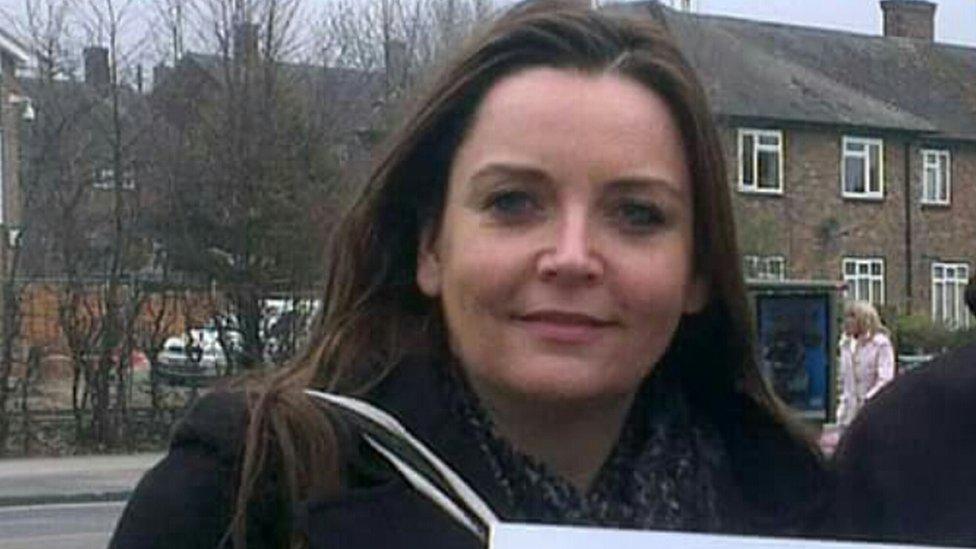
Potentially the surprise package in the field, Elizabeth Jones is one of the party's leading figures in London, although she has less of a national profile.
Deputy chair of the party's Lambeth branch, she stood unsuccessfully in May's London Assembly elections and came fifth in last month's Tooting by-election.
The family law solicitor is also a member of the party's national executive committee.
She has said she will bring a fresh approach and different style of leadership, urging a focus on trade and education in the wake of the vote to leave the EU.

Diane James
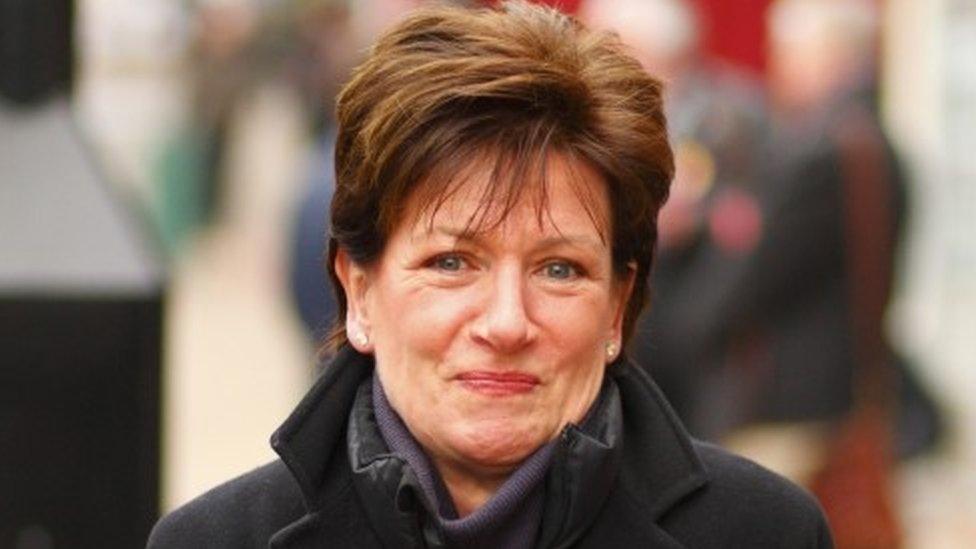
The 56-year-old former businesswomen and healthcare professional is one of the party's most fluent and reliable media performers.
She came within fewer than 2,000 votes of becoming UKIP's first elected MP when she narrowly lost the 2013 Eastleigh by-election to the Lib Dems, impressing journalists with her performance - which relegated the Conservatives into third place.
She went on to be elected to the European Parliament as MEP for South East England in 2014, although she decided against standing in the 2015 general election for personal reasons.
As deputy chair and home affairs and justice spokeswoman, she has maintained a high profile, although it remains to be seen whether she has the breadth of appeal to prevail in what is likely to be a fierce contest.

Philip Broughton
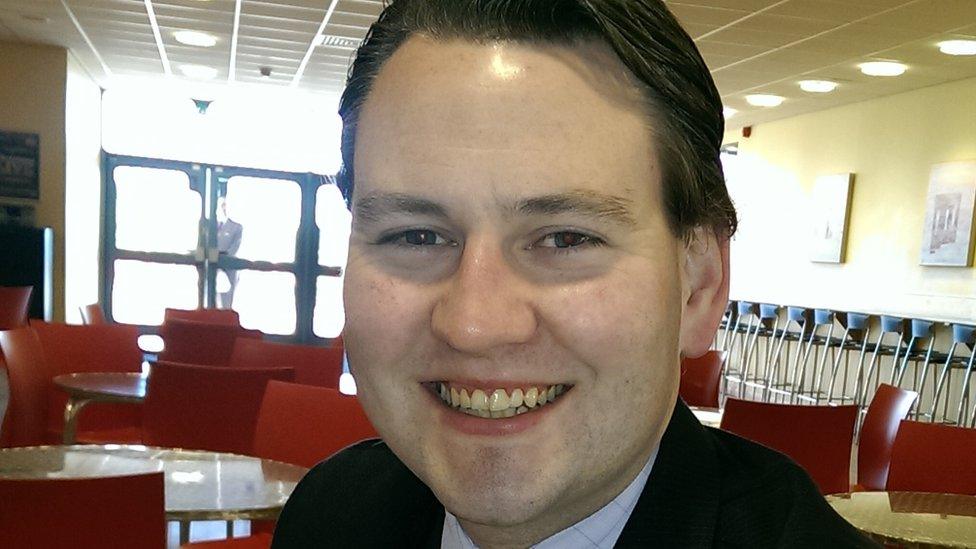
He stood as a parliamentary candidate in Hartlepool at the 2015 general election, narrowly losing to incumbent Labour MP Iain Wright, who retained the seat with a majority of 3,024 - down from 5,509.
He says UKIP has "won the arguments" on Brexit and now needs to "broaden our message" - on the economy, NHS, defence, law and order, foreign policy and foreign aid.
Mr Broughton, who describes himself as a "young, passionate, northern, working class guy", is a semi-professional wrestler, and works as a supervisor in a local Tesco.
He used to be a Conservative councillor - between 2007 and 2011 - before he defected to UKIP.

Withdrawn - Jonathan Arnott
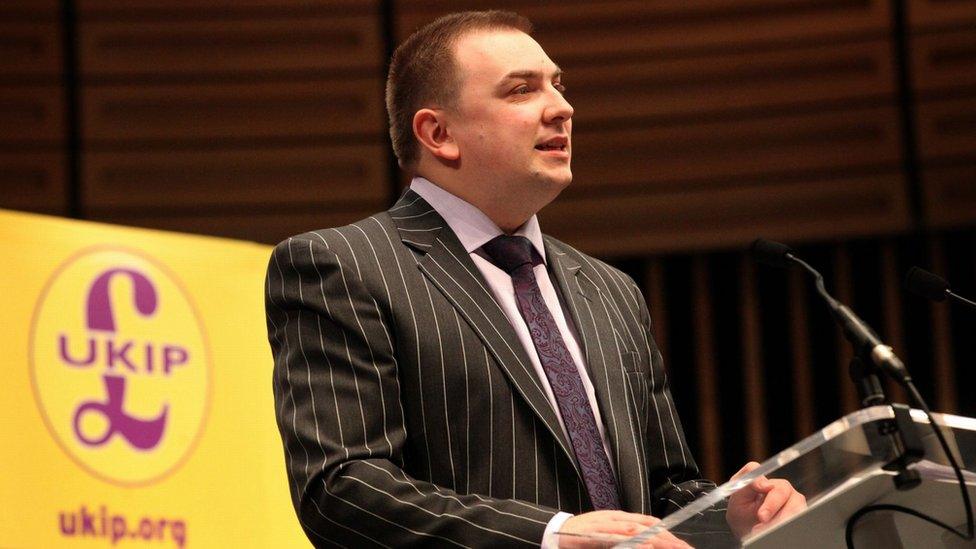
One of the six names on UKIP's list , externalof six candidates, Mr Arnott has now withdrawn, saying the best he could have hoped for would be to finish second.
The 35-year-old was elected to the European Parliament in 2014 and is a former general secretary of the party.
He previously said he wanted to appeal to the millions of voters who did not support UKIP in last year's general election, but backed Brexit in the EU referendum.

Ruled out - Steven Woolfe
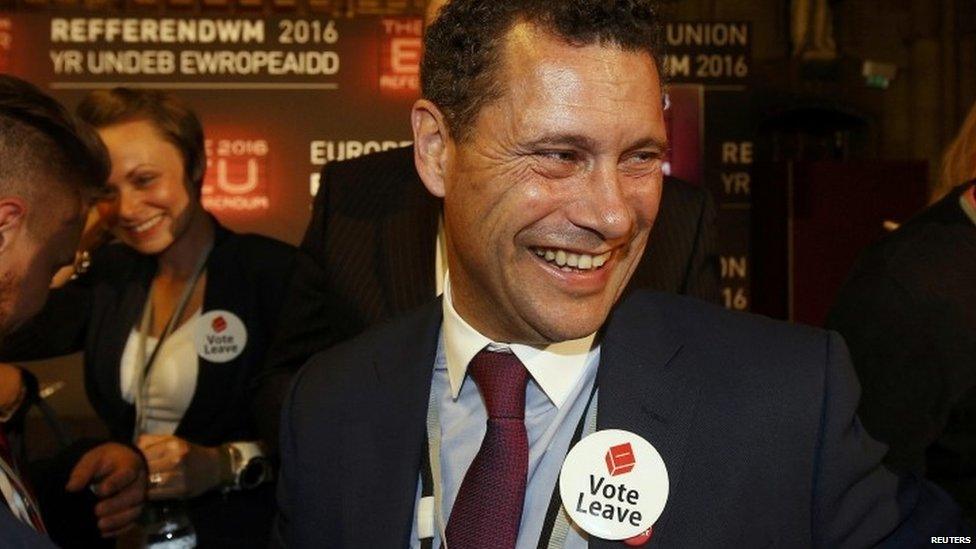
The 48-year-old barrister was regarded as the favourite to succeed Mr Farage but the party's ruling body decided he was ineligible after he missed the deadline for submitting his nomination papers.
He blamed "technical issues" for sending the paperwork online late.
In the days before the nominations closed, Mr Woolfe also admitted that he failed to disclose a drink-driving ban from 2002 when seeking election as a police and crime commissioner a decade later.
Mr Woolfe, who holds the high-profile immigration and financial affairs brief, joined UKIP in 2010 and was elected as MEP for North West England in 2014. ".
Born in Manchester, with African-American, Jewish and Irish Catholic roots, he is also head of the party's Black and Minority Ethnic (BME) association.
Other leading figures who are not standing include:
Suzanne Evans, a Conservative councillor who defected to UKIP in 2013, who is currently suspended from the party until September following an internal dispute.
Clacton MP Douglas Carswell, the party's best-known figure aside from Mr Farage, ruled himself out of the contest, saying he would not endorse anyone.
Paul Nuttall - described by Mr Farage as the best deputy leader of any political party in the UK - also ruled himself out, saying he had achieved his objective of getting the UK out of the EU.
Patrick O'Flynn, a former Press Association and Daily Express journalist, has given his support to Lisa Duffy.

Leadership contest timetable
31 July: Nominations closed
3 August: Final list of candidates announced
1 September: Ballot papers issued to party members
15 September: Ballot closes and votes counted
16 September: Winner of the contest announced at conference

- Published4 July 2016
